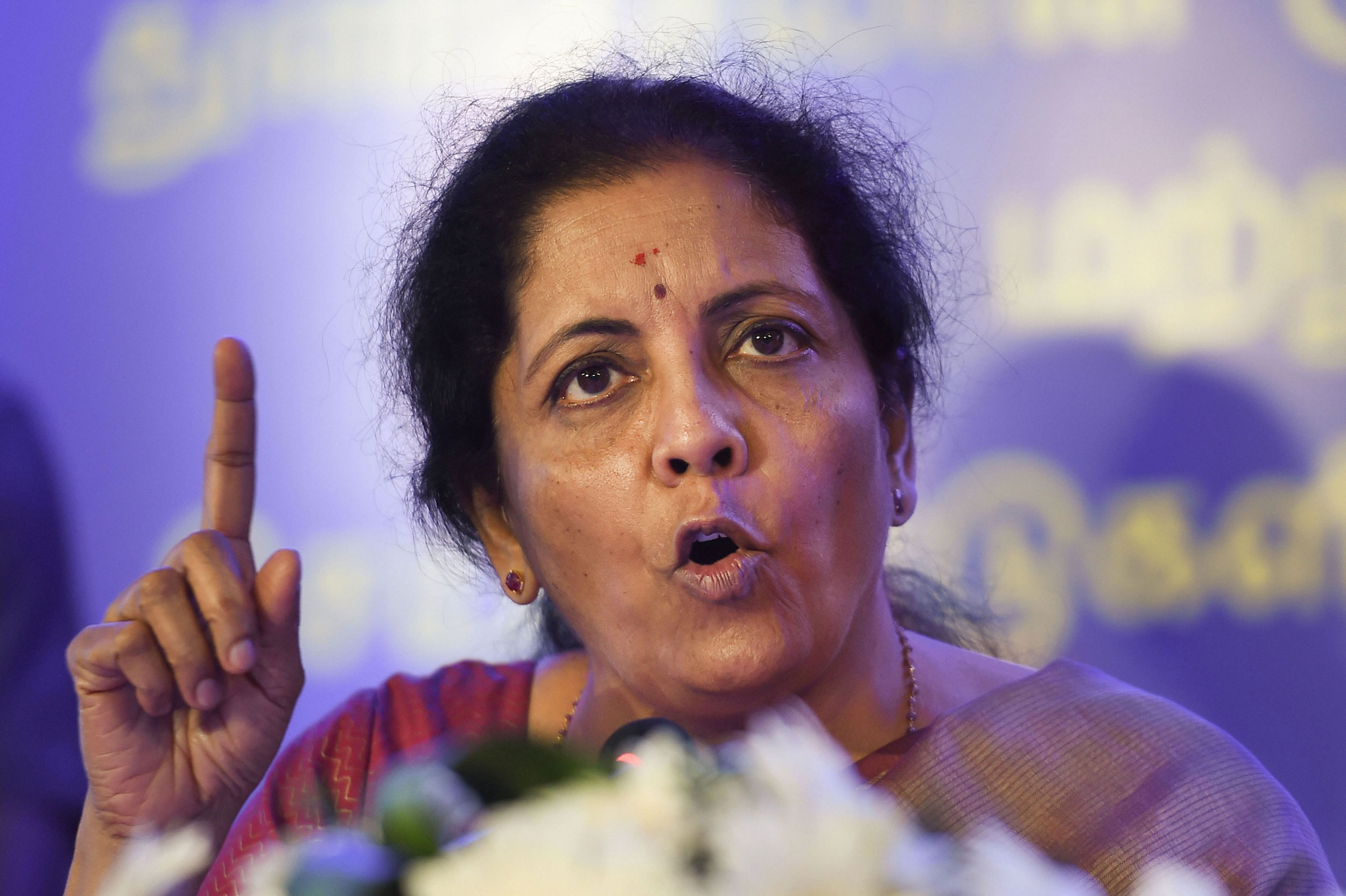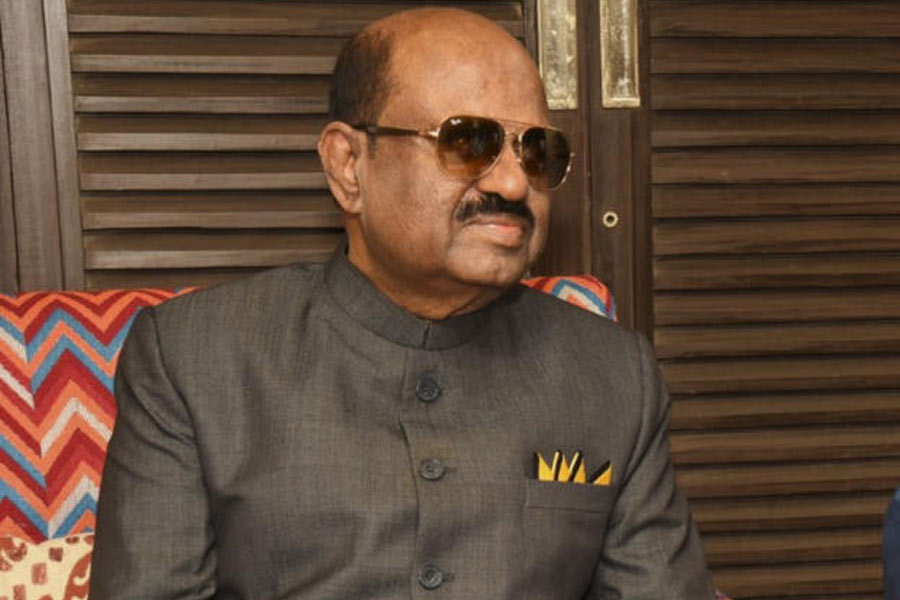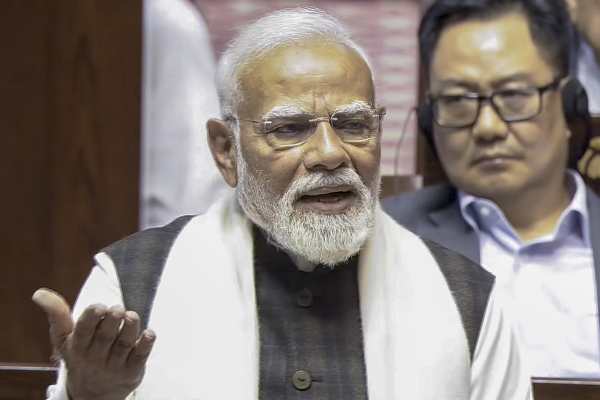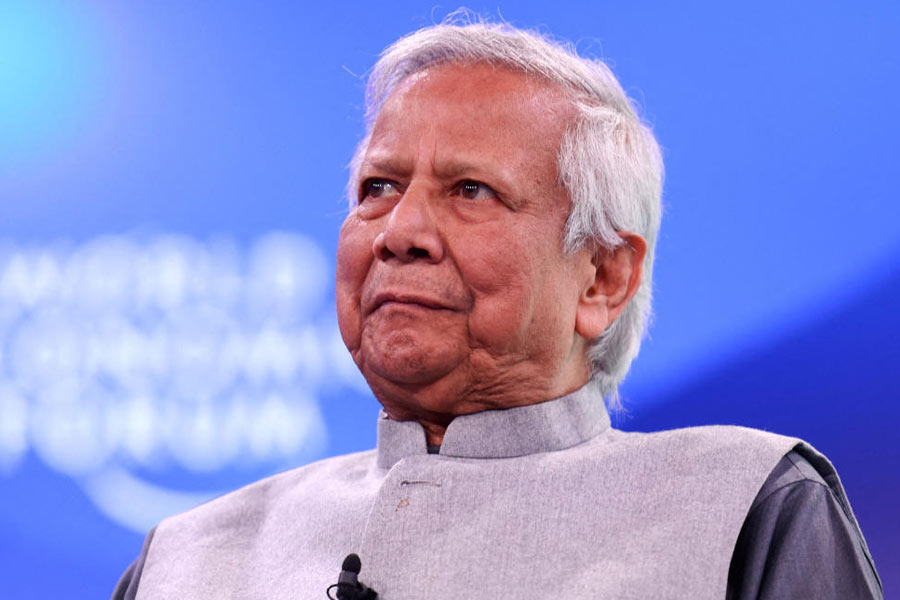The government may consider increasing the divestment target for 2019-20 from the budgeted Rs 1.05 lakh crore by opting for the strategic sales of state-owned units and selling stakes in more PSUs.
The finance ministry expects a revenue shortfall of about Rs 2.5 lakh crore because of lower tax collection, including GST, and a Rs 1.45-lakh-crore giveaway following the reduction in corporate tax rate.
Officials said the strategic sale of state-owned units is key not only to meet the divestment target but also to garner additional revenue, which can offset lower collections under other heads.
The five state-owned units being considered for strategic sales are BPCL, Container Corporation, Shipping Corporation of India, THDC and Neepco. The proposal includes selling government’s 75 per cent stake in THDC to NTPC and 100 per cent in Neepco to NHPC.
The government holds 53.29 per cent equity in BPCL, 54.79 per cent in Container Corporation and 63.75 per cent in Shipping Corporation. It holds 75 per cent in THDC, while 25 per cent is with the Uttarakhand government. Neepco is 100 percent owned by the government.
According to Kotak Institutional Equities, minority stake sales have yielded limited benefits because of the poor valuations of the public sector companies. Instead, if the government decides to cede majority ownership and privatise these companies, it can derive much better value.
“We believe the government can raise significantly higher amounts if it were to privatise the PSUs through strategic sale of majority stake or sale of its shares in tranches to institutional and retail investors with an explicit commitment to reduce its holding to below 50 per cent,” Kotak analysts said in a report.
“We are even more optimistic about the privatisation of BPCL on three grounds. First, the latest tax rate cut and roll-back of stock market related taxes suggests the government is finally doing big-bang reforms, which are welcomed by investors. Second, the latest income tax rate cut would lead to large loss of revenue, which could be made up by the privatisation of BPCL. Third, privatisation would improve the broader market sentiment,” ICICI Securities said.
The government has managed to raise Rs 12,357 crore so far, out of the budgeted target of Rs 1.05 lakh crore, which is 30 per cent more than last year’s target.
Most of the money (about Rs 10,000 crore) has been raised by floating an equity-traded fund — the CPSE-ETF. Of the rest, Rs 1,881.21 crore has been raised through the sale of enemy shares and Rs 475.89 crore crore from divestment in Rail Vikas Nigam Ltd.
Finance minister Sitharaman in her budget speech said, “Strategic divestment of select CPSEs would continue to remain a priority of this government. In view of the current macro-economic parameters, the government would not only reinitiate the process of strategic divestment of Air India but would offer more CPSEs for strategic participation by the private sector.”
She said, “The government is setting an enhanced target of Rs 1,05,000 crore of divestment receipts for financial year 2019-20. The government will undertake a strategic sale of PSUs. The government will also continue to do consolidation of PSUs in the non-financial space as well.”
Industrial policy
The government will soon constitute a working group on the proposed new industrial policy which is aimed at promoting emerging sectors, reducing regulatory hurdles and making India a manufacturing hub, an official has said.
The group will have members from different government departments of the Centre and states, as well as from industry chambers.










